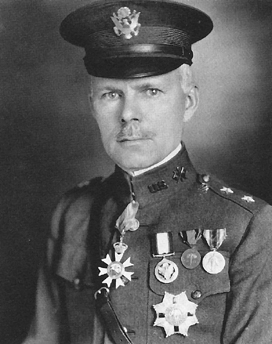The History of Muzak is Actually Interesting
• ~400 words • 2 minute read
The interesting histories of uninteresting things, vol. 1

It's actually a little more interesting than your would think! I had always been under the impression Muzak was relatively modern contrivance, but it dates back to the 1920s and was invented by George Owen Squier (Pronounced "square"). He was a military man, involved in aviation, and a seemingly entrepreneurial and forward-thinking guy:
In 1922 he created Wired Radio, a service that piped music to businesses and subscribers over wires.
and:
He also was the first military passenger in an airplane on September 12, 1908, and working with the Wright Brothers was responsible for the purchase of the first airplanes by the US Army in 1909
Wired Radio would eventually become Muzak, thanks in part to Kodak:
Squier remained involved in the project and was reportedly intrigued by the made-up word Kodak being used as a trademark and so took the "mus" syllable from "music" and > added the "ak" from "Kodak" to create his word Muzak.
The concept is also quite a bit more "sci-fi" than most people would give it credit (Though the lack of citations here should probably give me pause):
The company began customizing the pace and style of the music provided throughout the workday in an effort to maintain productivity (a technique it called "stimulus progression"[citation needed]). It began recommending music at different tempos, and discovered alternating blocks of music with periods of silence increased the effectiveness of the product.[citation needed]
A growing awareness among the public that Muzak was targeted to manipulate behavior resulted in a backlash, including accusations of being a brainwashing technique and court challenges in the 1950s.[citation needed] However, the popularity of Muzak remained high. President Dwight D. Eisenhower was the first to pump Muzak into the West Wing. NASA used Muzak in many of its space missions to soothe astronauts and occupy periods of inactivity.[citation needed]
The book Elevator Music delves into this much more closely and has made its way onto my reading list. I look forward to learning and writing more about it soon.
Also, check out Muzak's Seventy-five year anniversary website. It contains a lot of the same information I quoted from the Wikipedia page above, but there are some additional stories, photos and great old recordings there as well.
--Published on Saturday, January 22nd 2011. Read this post in Markdown or plain-text.
If you enjoyed this consider signing-up for my newsletter or hiring me